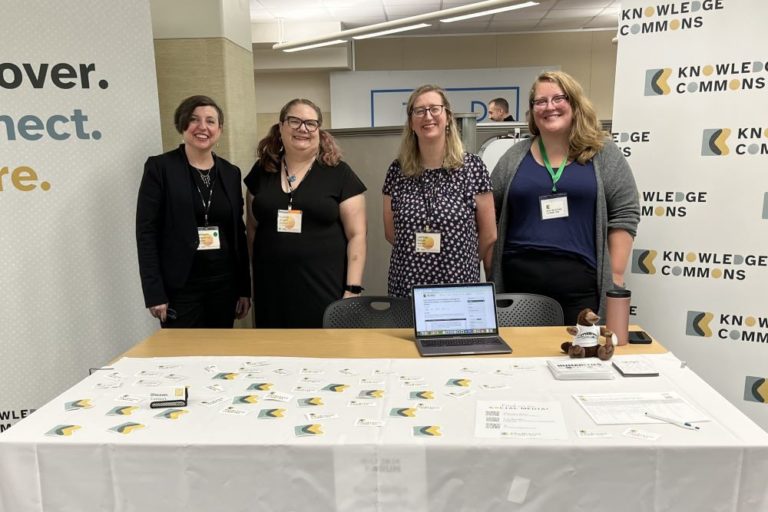
The Public Philosophy Journal (PPJ), led by Christopher P. Long, Dean of the College of Arts & Letters, and Dean Rehberger, Director of Matrix, has just released its first issue, which includes articles on “Practicing Public Scholarship” by Dean Long and on “Mentoring Lessons from Plants” by Beronda Montgomery, MSU Foundation Professor of Biochemistry and Molecular Biology and Microbiology and Molecular Genetics in the Department of Energy Plant Research Laboratory, as well as several other exciting contributions to the burgeoning field of public philosophy.

Supported by a two-year $282,000 grant from the Andrew W. Mellon Foundation, the PPJ is an open-access, peer-reviewed publication in philosophy that cultivates and publishes online work accessible to, relevant for, and shaped by the public. It aims to provide an open forum for the curation and creation of accessible scholarship that addresses issues of public relevance.
“We are living through a transformative moment in the history of scholarship in which the work of the PPJ could not be more urgent,” Long said. “As the political winds in the United States continue to push the public away from the academy and reasoned discourse, we at the PPJ seek to cultivate practices of shared scholarship capable of transforming and enriching public life.”
The PPJ’s publishing model establishes partnerships with publicly engaged individuals and organizations to coordinate formative peer review of potential articles and to facilitate publications that are understandable to a broader audience, thus helping to expand the impact of this work.
“We are living through a transformative moment in the history of scholarship in which the work of the PPJ could not be more urgent.”
“Rather than simply bringing the traditional scholarly journal online and providing public access to its contents,” Long said, “we are attempting to cultivate habits of enriching scholarly development – for people, communities, and ideas – in order to make our shared efforts more effective and to create publics that are more capable of responding in imaginative ways to the great challenges of our time.”
Growing a Community of Scholars
Funding from the Mellon Foundation is being used to grow the community of scholars committed to doing public work together in this way. A series of writing workshops, a learning network, and the continued refinement of the PPJ’s formative peer-review process have all helped advance this culture of care. As the culture grows, the PPJ will implement a sustainability plan and refine its digital platform to improve user experience, adding some new features such as the ability to form community/interest groups to refine ideas in more collaborative ways.
The PPJ has already attracted a core group of about 60 colleagues who have registered on the website and are willing to invest their time and imagination to making it successful. These colleagues include PPJ editors, composers, reviewers, curators for the Current, and new members of the PPJ community. Largely, the group has emerged from the PPJ’s in-person writing workshops.
“We seek to model a practice of formative peer review designed to empower colleagues to provide helpful feedback to refine ideas that shape their public work.”
“We have always understood that the biggest challenge for the PPJ would be the cultivation of a community committed to our vision of publishing,” Long said. “Continuing these workshops and strategically developing new opportunities to integrate more colleagues into the PPJ project will be essential to strengthening our community and advancing the PPJ’s vision of public scholarship.”
The PPJ will publish 8-10 artifacts of scholarship per year, roughly the equivalent of two issues of a traditional print journal, on a publish-when-ready basis. Work appears in the journal as soon as it successfully goes through the formative review process, a collaborative effort whereby each article is assigned a review coordinator from the PPJ community who ensures that the review process unfolds in a collegial and caring way.
“As the practices of scholarly peer review struggle to respond with integrity to the affordances and limitations of a digital age,” Long said, “we seek to model a practice of formative peer review designed to empower colleagues to provide helpful feedback to refine ideas that shape their public work.”
For more information, visit the Public Philosophy Journal website or follow the journal on Twitter @PubPhilJ.


